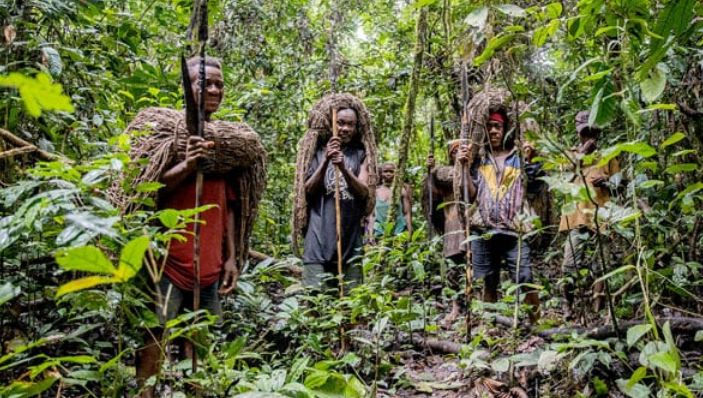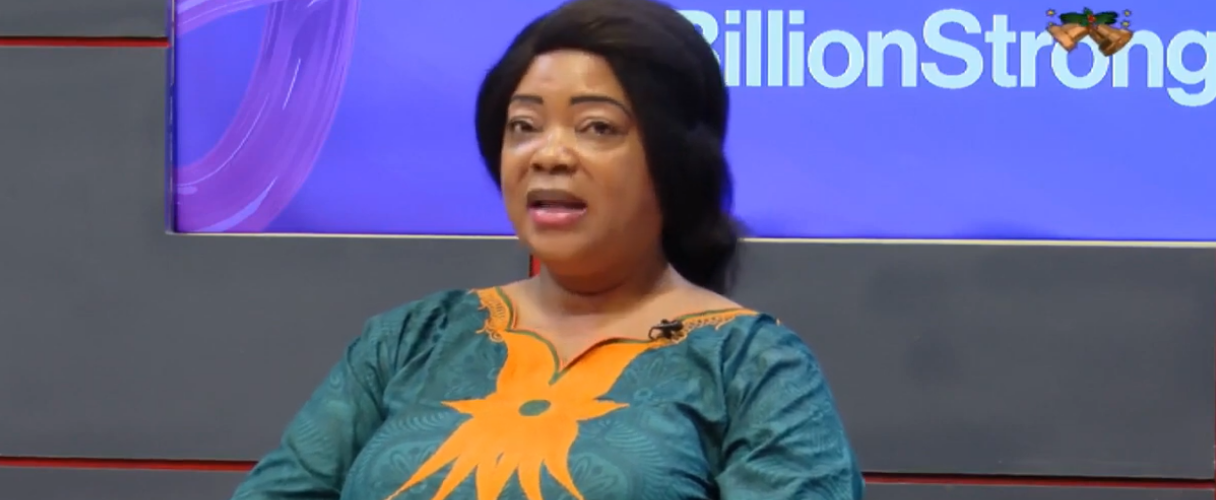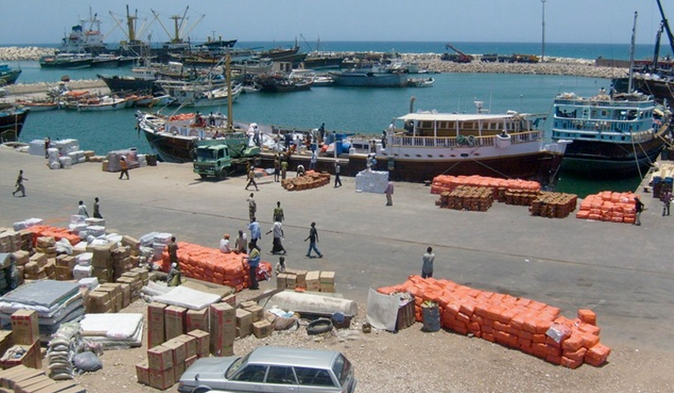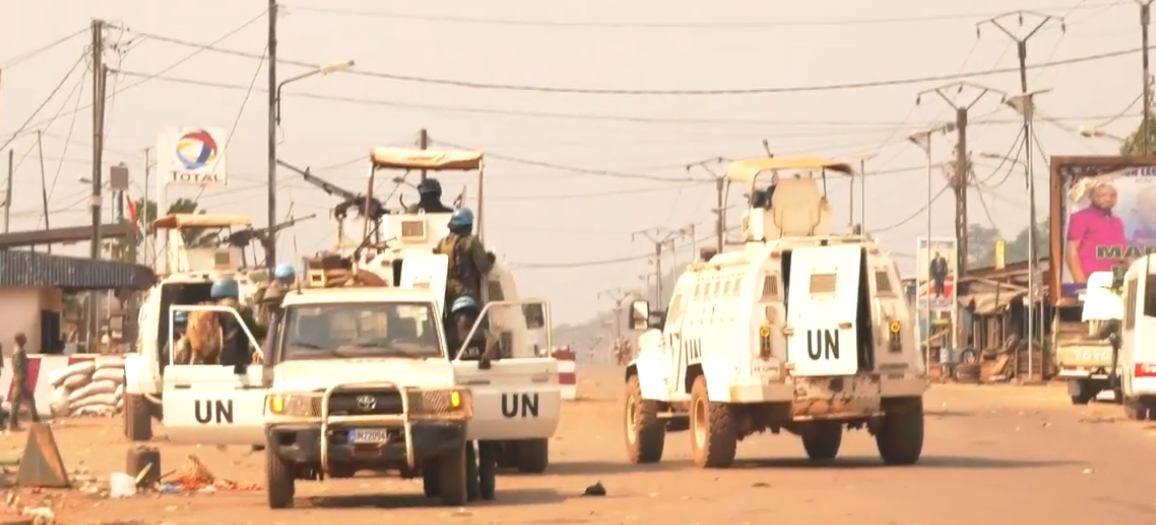| By Oakland Institute Photos: Oakland Institute Oakland, CA — In a new report, From Abuse to Power: Ending Fortress Conservation in the Democratic Republic of Congo, the Oakland Institute exposes conservation’s counterintuitive deep ties to the extraction of natural resources and abuse of Indigenous Peoples in the Eastern Democratic Republic of the Congo (DRC). Throughout decades of environmental conservation in the country, the government and NGOs have failed to address the issue of land grabbing and violence against Indigenous communities. Measures taken in recent years, such as training, grievance mechanism, and safeguards, are inadequate given the systemic flaws of the current fortress conservation model. |
 |
| Batwa house burnt in PNKB in a joint operation by park guards and FARDC soldiers in 2021 © Robert Flummerfelt/MRG |
| “Removing Indigenous communities from lands earmarked as a protected area has created a political vacuum filled by outside commercial actors seeking to exploit the DRC’s natural resources. This conservation model negatively harms both biodiversity and people, while contributing to the ongoing political instability in the region,” said Frederic Mousseau, Policy Director of the Oakland Institute. Uganda and Rwanda, who receive every year millions of dollars of military and economic assistance from Western countries, are profiteering from the exploitation of the DRC’s vast gold, tantalum, and cobalt reserves, while fueling the conflict in the already war ridden country. The report details how security forces and ecoguards involved in “environmental protection” and conservation NGOs running some of the national parks, such as World Wildlife Fund (WWF) and Wildlife Conservation Society (WCS), are responsible for horrendous violence and atrocities committed against Indigenous communities. Security forces and ecoguards enjoy impunity for these crimes despite the funding provided by the German and US governments for material support and their training. |
 |
| Internally displaced persons in the camp in Roe, 80 km from Bunia © UN Photo/Eskinder Debebe |
| The Indigenous communities in DRC have, for years, unsuccessfully sought justice by filing lawsuits in domestic courts. Batwa community members expelled from the Kahuzi-Biega National Park took their case to the African Commission on Human and Peoples’ Rights, alleging violence, rape, murder, and arson that have victimized their people are crimes against humanity. In July 2024, the African Commission recognized the Batwa’s rights to their land and ordered the DRC government to return the land to its rightful owners, compensate them, and ensure their full protection. “This is a huge win,” said Samuel Ade Ndasi of the Minority Rights group, “The decision sets a strong precedent that recognizes the value of Indigenous traditional knowledge and environmental and biodiversity conservation practices. From this point forward, no Indigenous community should be evicted in the name of conservation anywhere in Africa,” Ade Ndasi continued. The report makes it clear that, while the decision is historic, its actual implementation requires a drastic change of course by the government, conservation industry, and Western donors, towards a new paradigm that respects and protects both people and biodiversity.“ Such an institutional paradigm shift is paramount,” Mousseau said. “Conservation goals, however, will not be reached without addressing illegal extraction of resources in Eastern DRC, which involves the country’s neighbors, as well as their business partners and financers. The US government finances environmental protection in DRC whereas it also supports the countries behind the violence and the looting of natural resources, notably in the parks. This unconditional, schizophrenic, support must end in order to protect both Indigenous communities and the country’s biodiversity,” he concluded. |
Ending Fortress Conservation And Illicit Extraction In Democratic Republic Of Congo






